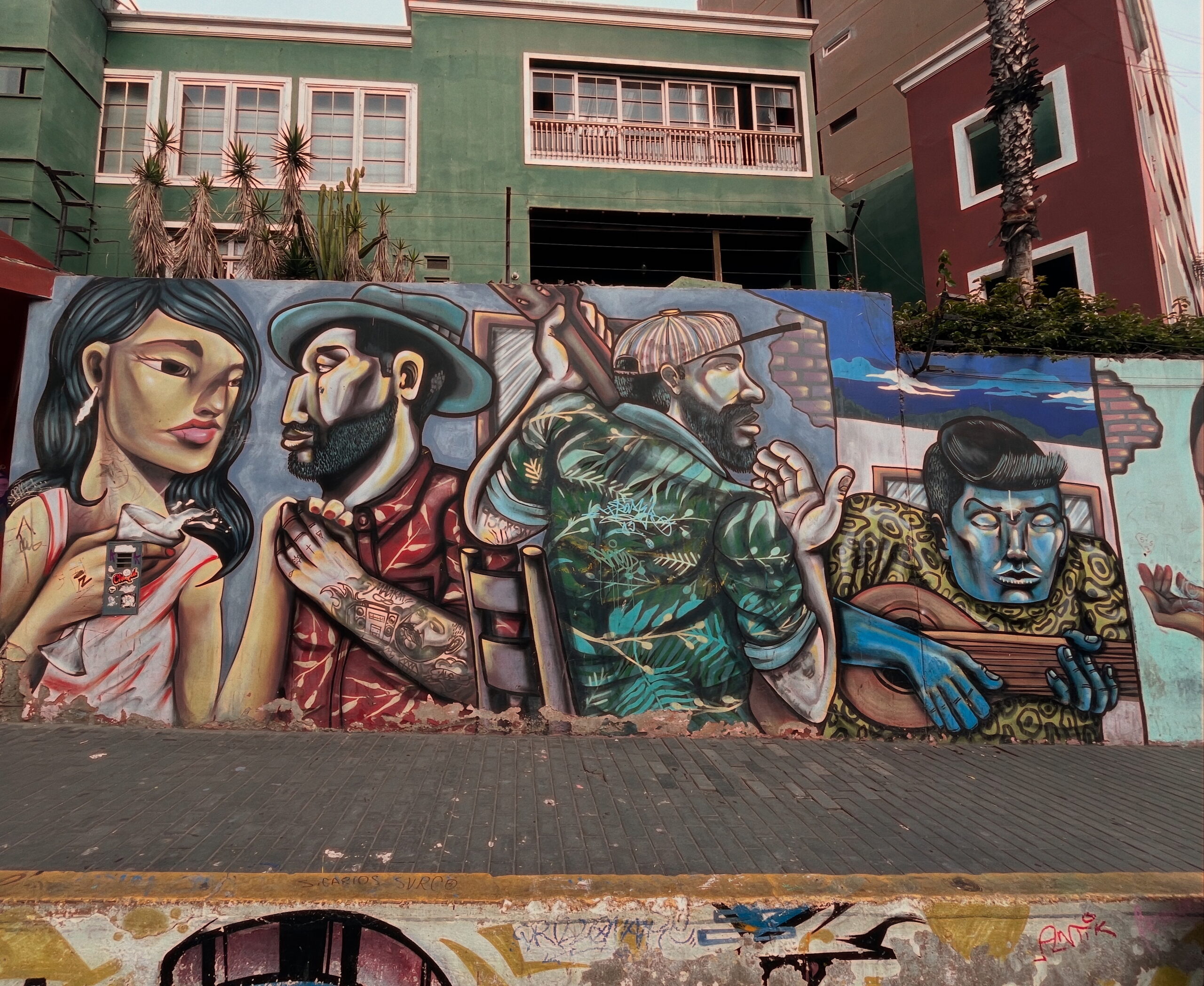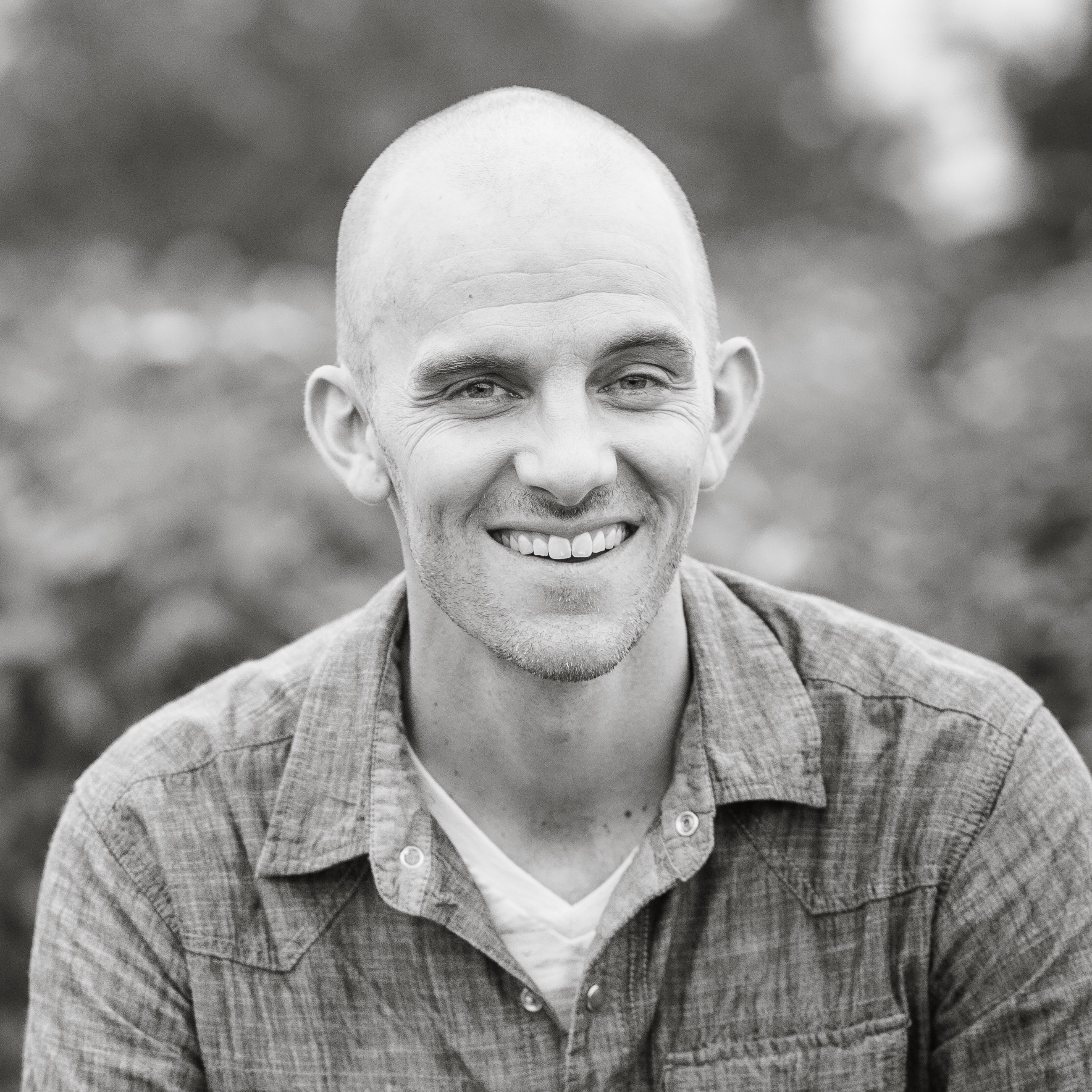Earlier this month, I traveled to Lima, Perú. I wrote about it in last week’s newsletter on unity through difference:
At midweek, we were fortunate to go on a tour of Lima’s Historic Centre with workshop participants. We walked through the expansive plaza at the heart of Lima while looking at the beautiful colonial-era buildings surrounding it and the Andean foothills beyond. When we entered Lima’s stunning cathedral, I was handed a little card with a short prayer of unity on it. As I read it something immediately felt wrong. Classical music was gently playing in the background of this nearly 500-year-old cathedral and I sat down on a pew to take it all in. After a while I realized that I didn’t like how the prayer advocated for unity through “sameness” or “oneness.” If we somehow were to achieve unity through “sameness,” life would be reduced to something far less that it actually is. It reminded me of Nigerian author Chimamanda Ngozi Adichie’s TED Talk on the dangers of a single story, where she encourages us to see the multiple layers of people and cultures, and to fight powers that would seek to silence them. Some would argue that the silencing is already taking place. It’s why I’m appreciative of people like Kendrick Lamar, who publicly give voice to a counter narrative, both directly and symbolically. If we’re ever going to get to a place of unity, we have to do so through accepting and embracing “difference.”
This week, I started reading Rebecca Solnit’s Hope in the Dark: Untold Histories, Wild Possibilities. In the book, Solnit calls for continuous hope and action. And she makes an important point about the past—be it good or horrible—and how it relates to hope:
We can tell of a past that was nothing but defeats and cruelties and injustices, or of a past that was some lovely golden age now irretrievably lost, or we can tell a more complicated and accurate story, one that has room for the best and worst, for atrocities and liberations, for grief and jubilation. A memory commensurate to the complexity of the past and the whole cast of participants, a memory that includes our power, produces that forward-directed energy called hope.
I’m encouraged by this—to be fueled by hope as I lean forward into action. In my newsletter, I wrote about other “untold” or, perhaps, “forgotten” histories of Perú that you can read about here.

